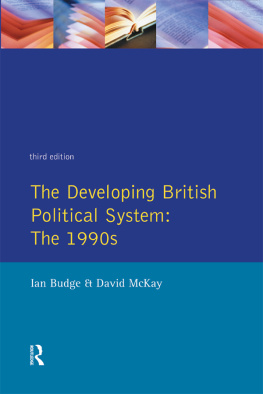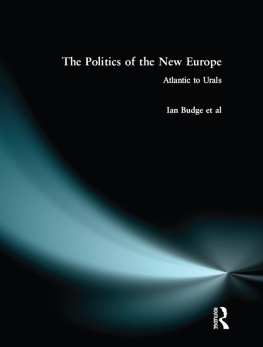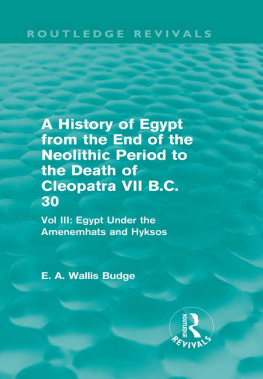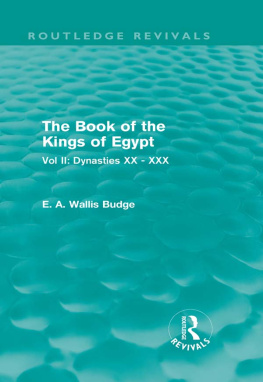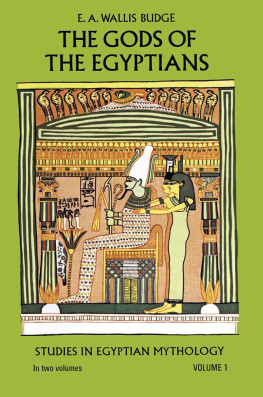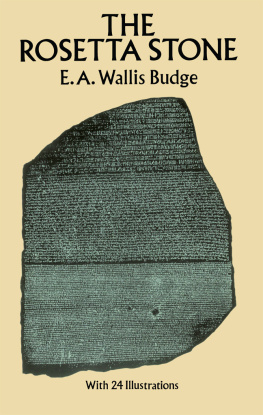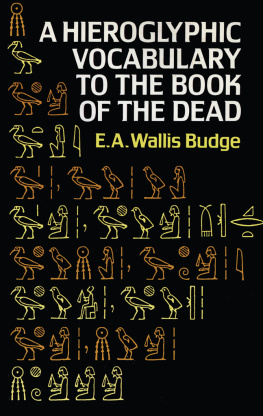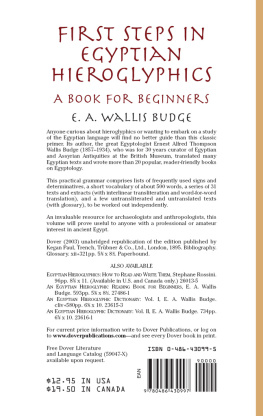The Developing British Political System: The 1990s
The Developing
British Political System:
The 1990s
Edited by Ian Budge and David McKay.
third edition
First published 1983 by Pearson Education Limited
Revised edition 1985
Second edition 1988
Third edition 1993
Third impression 1996
Published 2014 by Routledge
2 Park Square, Milton Park, Abingdon, Oxon OX14 4RN
711 Third Avenue, New York, NY 10017, USA
Routledge is an imprint of the Taylor & Francis Group, an informa business
Copyright 1983, 1988, 1993, Taylor & Francis.
All rights reserved. No part of this book may be reprinted or reproduced or utilised in any form or by any electronic, mechanical, or other means, now known or hereafter invented, including photocopying and recording, or in any information storage or retrieval system, without permission in writing from the publishers.
Notices
Knowledge and best practice in this field are constantly changing. As new research and experience broaden our understanding, changes in research methods, professional practices, or medical treatment may become necessary.
Practitioners and researchers must always rely on their own experience and knowledge in evaluating and using any information, methods, compounds, or experiments described herein. In using such information or methods they should be mindful of their own safety and the safety of others, including parties for whom they have a professional responsibility.
To the fullest extent of the law, neither the Publisher nor the authors, contributors, or editors, assume any liability for any injury and/or damage to persons or property as a matter of products liability, negligence or otherwise, or from any use or operation of any methods, products, instructions, or ideas contained in the material herein.
ISBN 978-0-582-0-9097-2 (pbk)
British Library Cataloguing-in-Publication Data
A catalogue record for this book is available from the British Library
Library of Congress Cataloging-in-Publication Data
Budge, Ian
The developing British political system : the 1990s / Ian Budge,
David McKay.
p. cm.
Rev. ed. of: The Changing British political system.
Includes bibliographical references and index.
ISBN 0-582-09097-0
1. Great BritainPolitics and government20th century. 2. Great
BritainEconomic policy. I. McKay, David H. II. Changing British political system. III. Title.
JN231.B78 1993
320.941dc20 | 9234539
CIP |
Contents
When we looked at our first attempt to explain contemporary British politics written in 1982 with the experience of the Callaghan and first Thatcher governments in mind, we were pleased to find so many forecasts confirmed and interpretations still valid in 1987. Political fragmentation remained the central problem for Conservatives in the late 1980s as the government tried, with mixed success, to reform the economy and impose itself on local authorities.
By late 1992, implementation problems had, if anything, become more intractable. British membership of the European Community Exchange Rate Mechanism (ERM) had limited the governments freedom to manage the economy; eventually Britain was forced to leave the ERM, thus putting the governments anti-inflationary strategy at risk; recession was once again putting pressure on public spending; and the replacement for the poll tax, the council tax, was under fire for being unfair and inefficient. At the same time the formal constitutional arrange-ments that characterize British politics Cabinet government, party discipline in a two party system, unitary government have changed remarkably little.
Where events have overtaken us, we have totally re-written the relevant chapters of this volume. In these areas the third edition provides an original new treatment, very up-to-the-minute in its assessment of events and personalities. Where there are continuities, or where our interpretations and forecasts have anticipated, rather than been displaced by, events, we have carefully weighed and updated what was written before. In general, we have aimed to provide a rounded assessment of the Thatcher administrations of the 1980s and an early assessment of the Major administration of the 1990s.
What we aim to provide, therefore, is a complete, new, analysis of British politics, firmly based on the experience of the last fifteen years. Where it carries on from the second edition is in its treatment of the underlying social continuities and national and international constraints on government action; above all the fragmentation of British politics and society, and the decline of the economic base.
British society and culture have changed fundamentally since 1945. The traditional forms of social life family, church, neighbourhood have all lost in authority and membership while individuals many also in previously subordinated sectors like women and youth have gained in autonomy and independence. Inner cities have declined and the suburbs and smaller towns have grown. The economic base has changed as services have grown and manufacturing industry has declined with the centre of gravity shifting ever more firmly to London and the South-East. Both business and trade unions felt themselves increasingly under siege from national and international pressures. One can still trace the social contours of early post war Britain in the contemporary scene but it is like trying to find a buried landscape after a volcanic eruption: the whole pattern has shifted.
In sharp contrast, political institutions and practices have changed very little. Labour and Conservatives still vie for sole control of government as they have since the 1930s. Government itself still rests on control of the party majority in the House of Commons. The bureaucracy operates through a structure of autonomous Ministries and Departments which was set up, in its essentials, in the mid-nineteenth century. The Cabinet is still the major coordinator of government activities as it was when Bagehot first described it in 1867. Government and higher administration remain remarkably centralized with all the important decisions being taken in London. The structure of courts and police also rests on nineteenth century blueprints, while the law they administer goes back even further.
The major new institution of post-war Britain is the welfare state, a complex of boards, local authorities and hospitals delivering health-care and social support for most of the population. In its main forms this dates back to 1948, and essentially derives from ideas put forward in the 1930s. So it antedates rather than accommodates post-war social upheavals.
This lack of fit between political institutions and modern changes has been viewed in two ways, depending on the national mood. Particularly in the earlier post-war period, political continuity represented a welcome element of stability in an uncertain world. It was felt that the traditional institutions had shown their strength in directing the national effort during the war, and in confronting the economic and foreign crises of the late 1940s. More recently, as unease developed about Britains diminished position in the world, traditional political institutions and the attitudes they represent have been seen as obstacles in the way of progress, particularly economic growth. It is no coincidence that tinkering with political institutions began in the 1960s and has been continued by every government since. Perhaps the most surprising aspect of all this activity, often hailed as a major breakthrough in its time, is its negligible effect. In the early 1990s we have, with the partial exception of local government, much the same set of political institutions as before, operating in substantially the same way as they did seventy years ago.


